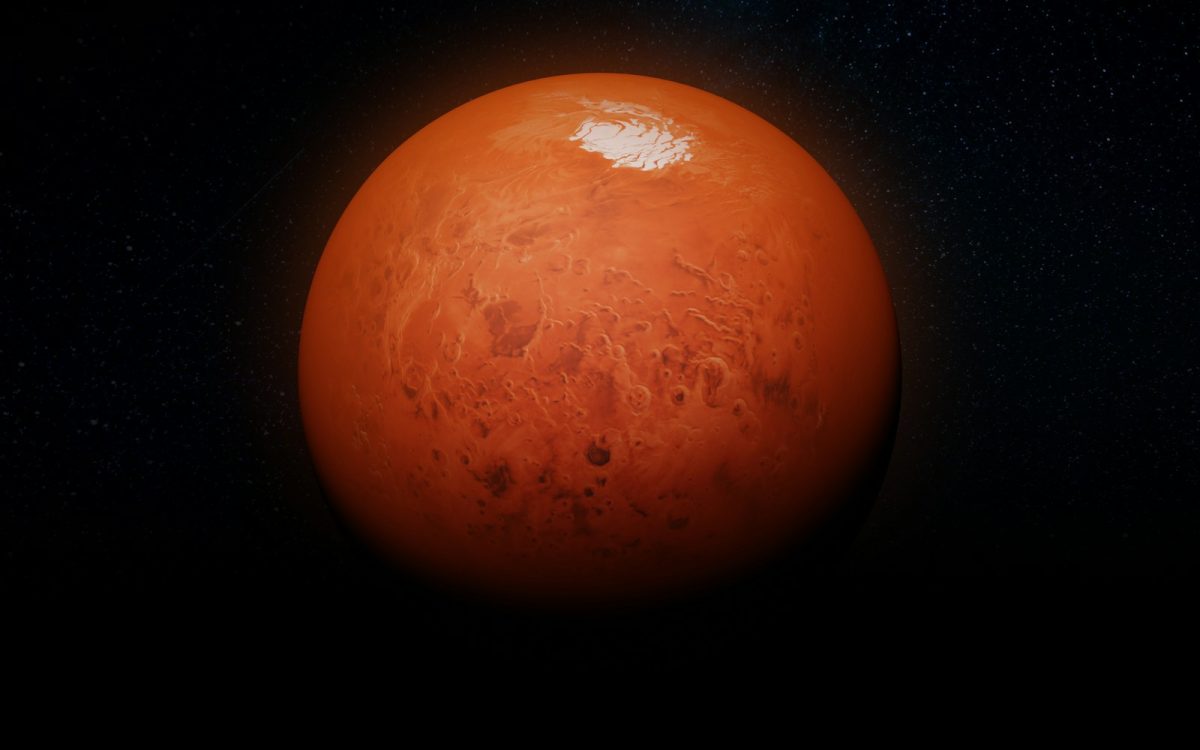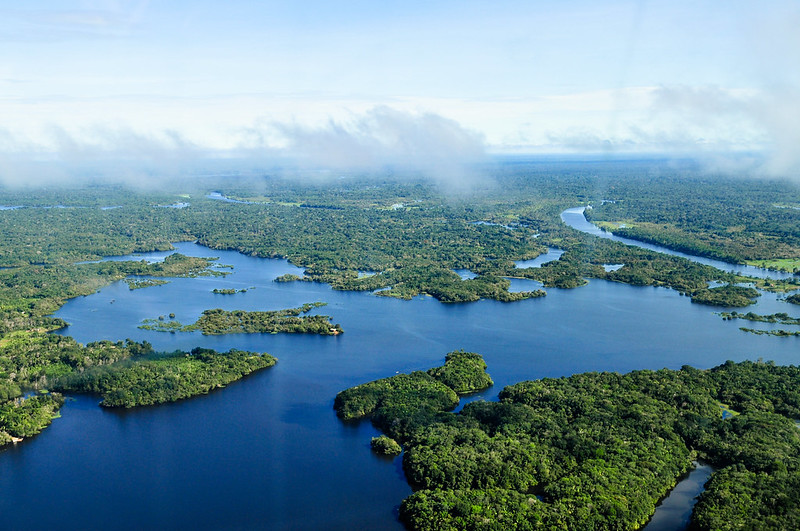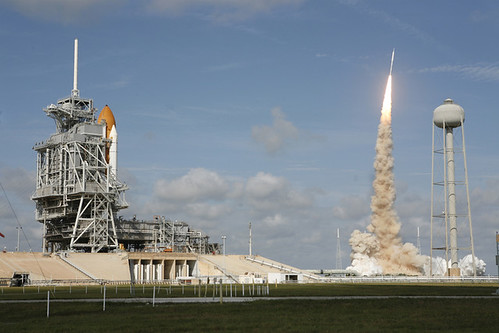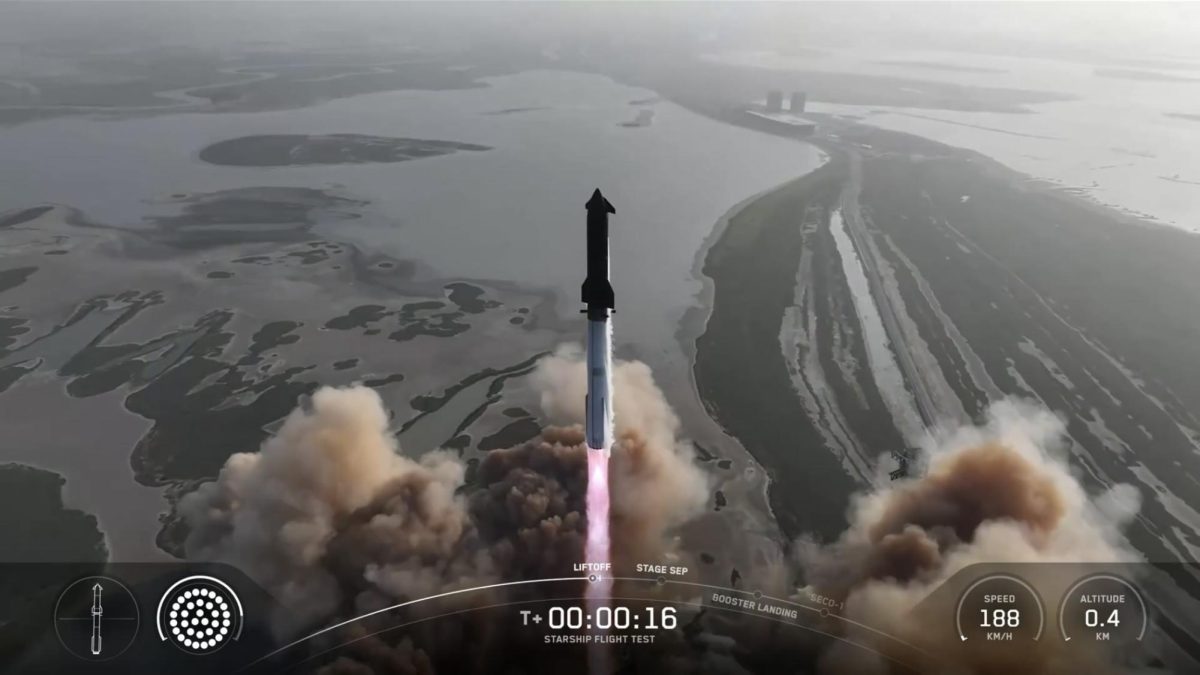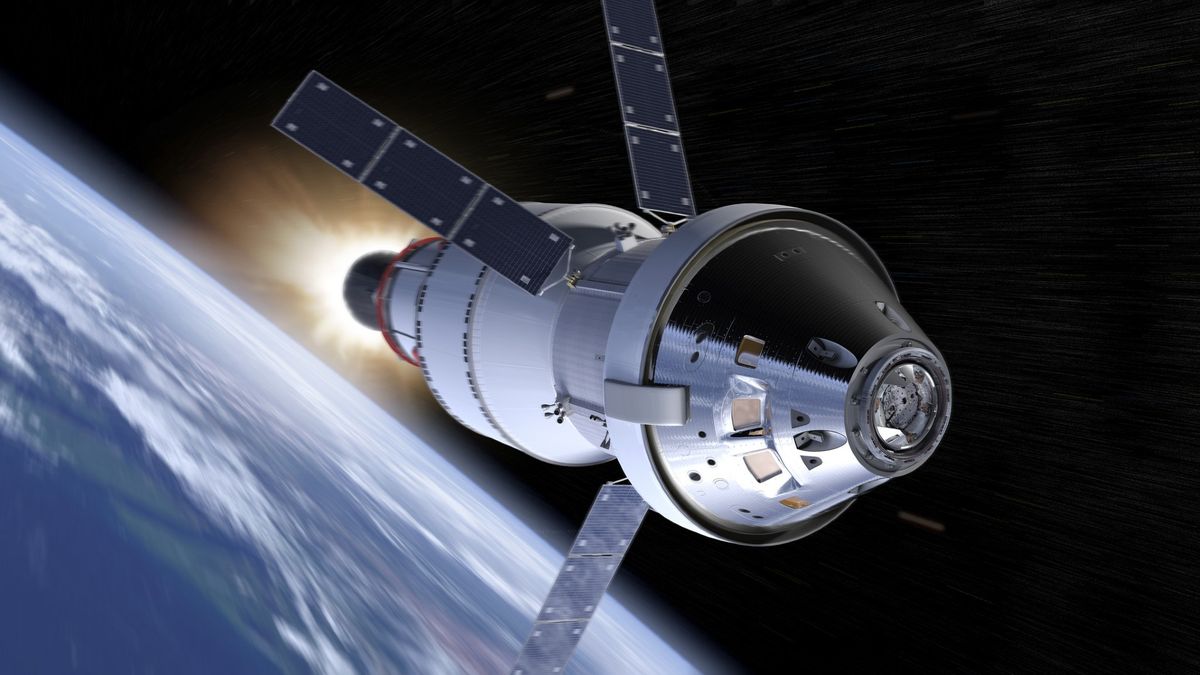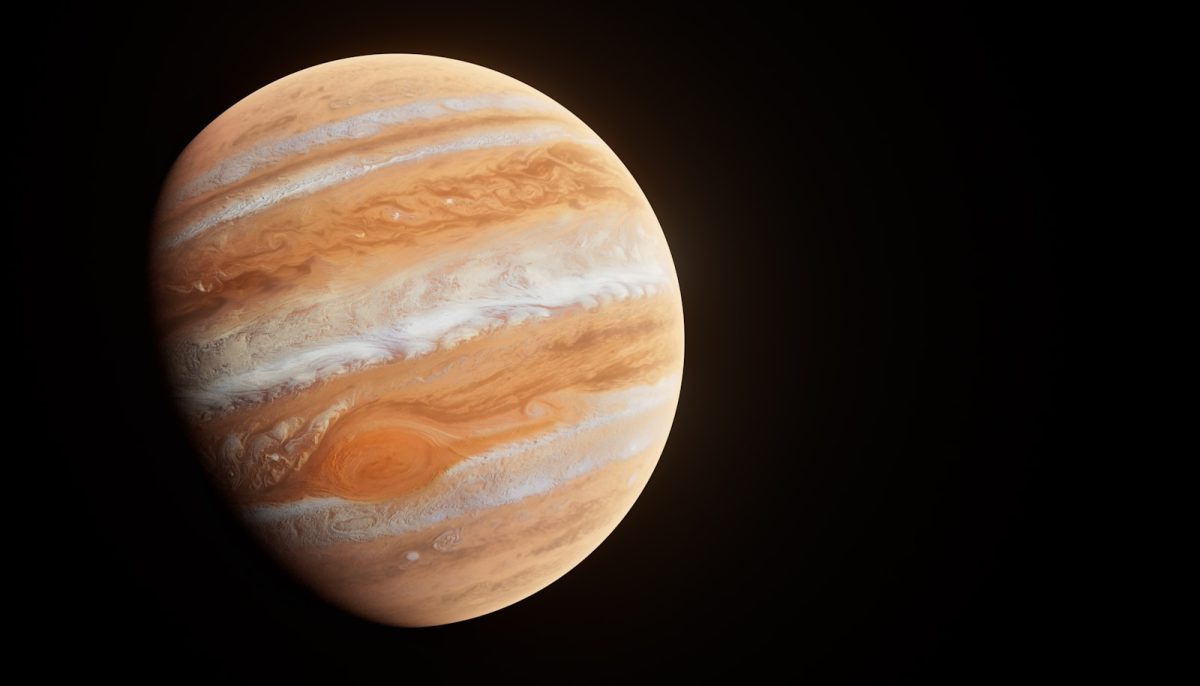For years, the idea of humans traveling to Mars has been a hot topic in the scientific and space communities. However, despite numerous missions to the red planet by NASA and other space organizations, humans have yet to set foot on its surface. So, what are the reasons for this delay, and why haven’t we made it to Mars yet?
One of the biggest challenges to human exploration of Mars is the distance between our planet and the red planet. Mars is about 140 million miles away from Earth, and even with the fastest spacecraft available, the journey would take around seven months. Such a long journey poses significant logistical and safety challenges for astronauts, including exposure to radiation and the need for a constant supply of food, water, and oxygen.
Another issue is the cost of sending humans to Mars. While space missions are expensive in general, sending humans to another planet is a much more complex and resource-intensive endeavor. NASA estimates that a manned mission to Mars could cost as much as $500 billion, and the ongoing expenses associated with sustaining a human presence on Mars would be even higher.
Technical challenges also play a role in the delay of human exploration of Mars. For instance, designing spacecraft capable of safely transporting humans to Mars and back is a daunting task. Additionally, developing technologies to sustain life on Mars, such as creating a self-sustaining habitat, would require significant advancements in fields like agriculture, energy production, and waste management.
Finally, there is the question of political will. While many people are excited about the idea of sending humans to Mars, it is not a universally popular goal. Some argue that the money and resources spent on space exploration should be directed towards solving problems on Earth, such as climate change and poverty. Others believe that space exploration should be left to robots and unmanned missions, as human life is too valuable to risk in such a dangerous endeavor.
In conclusion, the reasons why humans haven’t traveled to Mars yet are numerous and complex. Despite the challenges, however, many people remain optimistic about the possibility of human exploration of Mars in the future, and believe that the benefits of such a mission, including advancing human knowledge and expanding our civilization beyond Earth, are worth pursuing.
Related stories
https://www.astronomy.com/science/why-havent-humans-reached-mars/
https://www.washington.edu/doit/when-humans-explore-mars
https://www.the-sun.com/tech/4815741/main-reason-nasa-humans-mars/
https://www.youtube.com/watch?v=3iMlOH6hdOw
https://www.qrg.northwestern.edu/projects/vss/docs/Remote-agent/2-why-not-astronauts.html
Take Action
